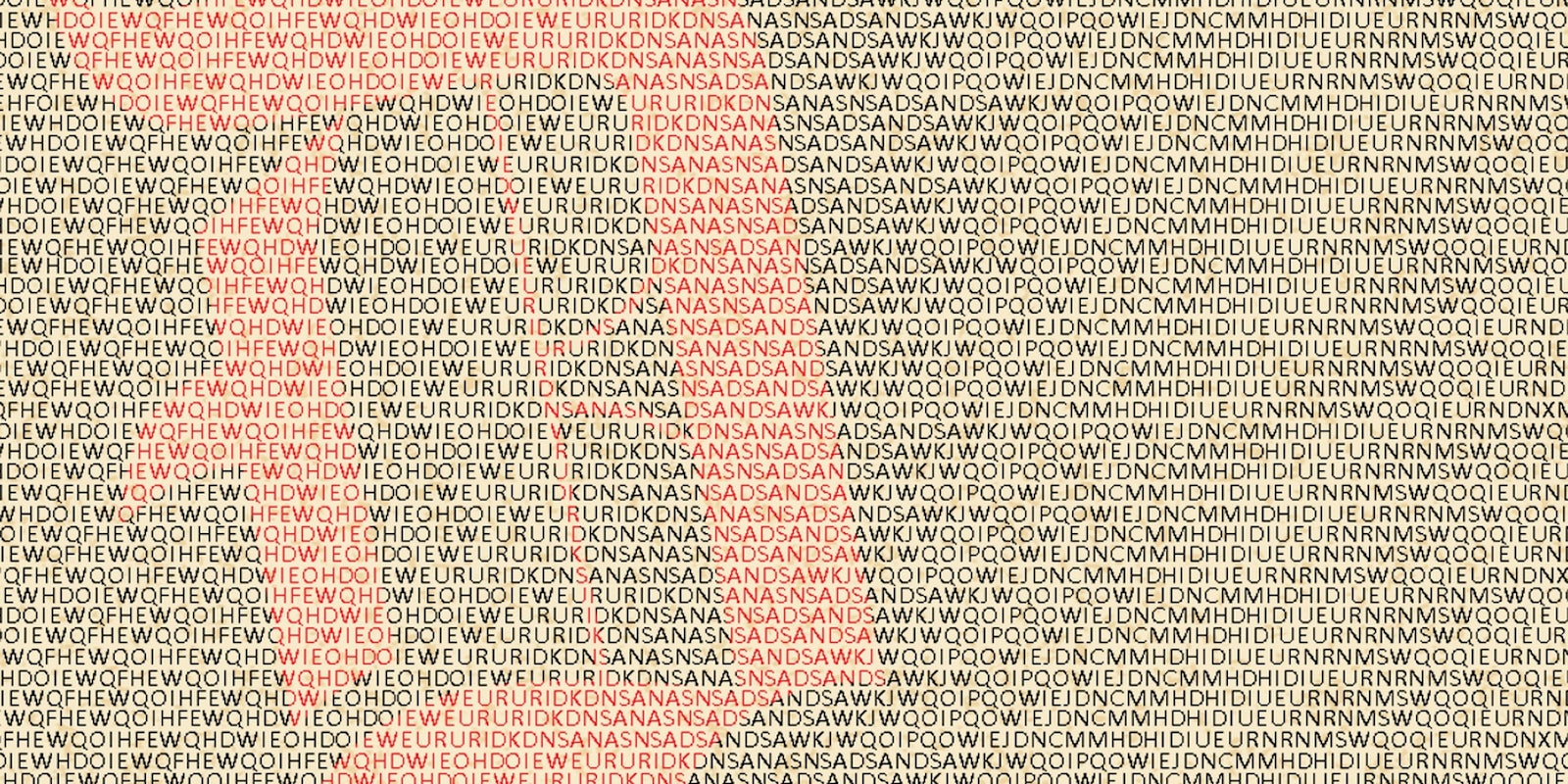This week in Austin, my new boss gave me a welcome gift: a signed first edition of “Baghdad by the Bay,” a collection of essays by the late Herb Caen, the longtime columnist for the San Francisco Chronicle.
Caen famously separated seemingly unconnected items in his column with three dots. Caen’s dots didn’t divide the column, though: They weaved it together into a fluid canvas on which he daily painted a portrait of a community he loved.
That’s what I aim to do with Dot Dot Dot. Though I live in San Francisco, in walking distance of some of Caen’s favorite haunts, my hometown is online. In the ’90s, this community was a small band of pioneers working at places like Cyborganic and HotWired. Today, it’s a third of the world and growing. It’s vastly larger than one reporter can cover, but I can at least share the stories that come across my desktop.
…
One of the most hidden communities online, in an age that takes transparency and openness for granted, is email. Harvard University, for example, the birthplace of Facebook, is as socially hypernetworked a venue as one might find. But the Harvard Crimson reports that after a recent incident of alleged homophobia, “the Harvard community’s various email lists were briefly set alight.” It’s as if no one watched that Sorkin flick.
Time magazine, too, cited “email lists” as a way parents organized to shut down abusive boot camps for troubled teens. Great stories — but only glimmers of them. They barely give a nod to the inboxed town squares where people met, shared notes, and took action.
…
This morning, while I tracked my jogging pace wirelessly with a Nike+ sensor, my iPhone buzzed with a Boxcar push notification that a friend had posted on my Facebook wall. Carried over these modern, branded means was a retro throwback to the Web as it was when I first started on it, before big business cared: a photo of me with Jon Lebkowsky and Carl Steadman.
Those names mean nothing to most of you, I expect, but they’re essential to the story of the internet. Lebkowsky was an early member of The Well, an online message board which turned 26 on Thursday. 26! That’s older than most of the kids developing geosocial mobile green photo-sharing app platforms today. While The Well now lingers on in nostalgic obscurity, Wired once called it “the world’s most influential online community.”
…
And Steadman? Steadman is the spiritual godfather of blogging: His early experiments in online media inspired the first generation of online diarists. His biggest fans? Two college kids named Ben and Mena Trott, who went on to start Six Apart, the pioneering blog-software company. He started Suck.com, a sarcasm-laced, link-strewn rant factory which presaged the tone of much of online media today — and served as a crucial training ground for me when I worked there.
Before Suck.com, Steadman explored the narrative potential of other networked media, like email. His epistolary work, “Two Solitudes,” a romance and tragedy told through an email exchange, still resonates: Two people discover a new medium, and in the process discover each other — or don’t. By way of introduction, Steadman wrote, “The Net can be a fast and direct way to communicate. But it’s still only a connection between separate points and separate realities: it doesn’t make two things the same.”
…
My friend Molly Steenson, an architecture student and thinker about online communities who’s called the Web “home” since 1995, recently wrote — in a private mailing list — that “small groups and email-based communities are alive and well.” I think she’s right. While we thrill to the vast scale of Facebook and Twitter, I suspect those are platforms for communities, not communities in and of themselves. They’re like the interstate highway system.
It’s in the small towns of the Internet — groups which find each other, define themselves, and connect, whether they do so over a sprawling social network, an aging message board, or a simple email list — that deep bonds form, and real change happens.
…
Email is just one example of a connective medium which is devalued in a business culture obsessed with the new and profitable. But it’s a place where real connections happen, so it’s valuable to me and to the Daily Dot.
I promise I won’t always wax this nostalgic in Dot Dot Dot. But as I take this step into the future of online community, I can’t help but look back over my shoulder. I think it’s only right to pay homage to the long if quiet legacy of these places. They deserve journalism — the first draft of history. We’ll do that here at the Daily Dot, for communities long gone and those yet to come.


